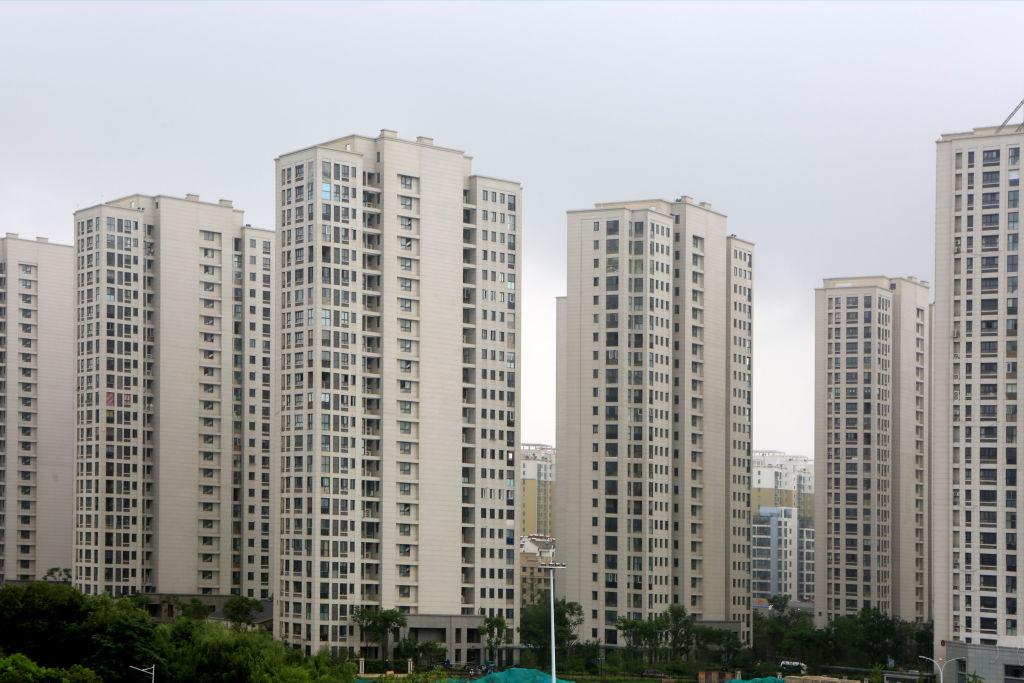China’s real-estate industry is facing massive layoffs as property developers rack up debts at unprecedented levels and Beijing seeks to cool an overheating housing market.
Among domestic publicly listed real-estate companies, 136 have liabilities that top 10 trillion yuan (about $1.47 trillion) in total, China’s state-run newspaper Changjiang Times said in an article on Sept. 3, citing data from Wind, a Chinese information service company. Additionally, these companies have an average debt-to-asset ratio of over 80 percent.



